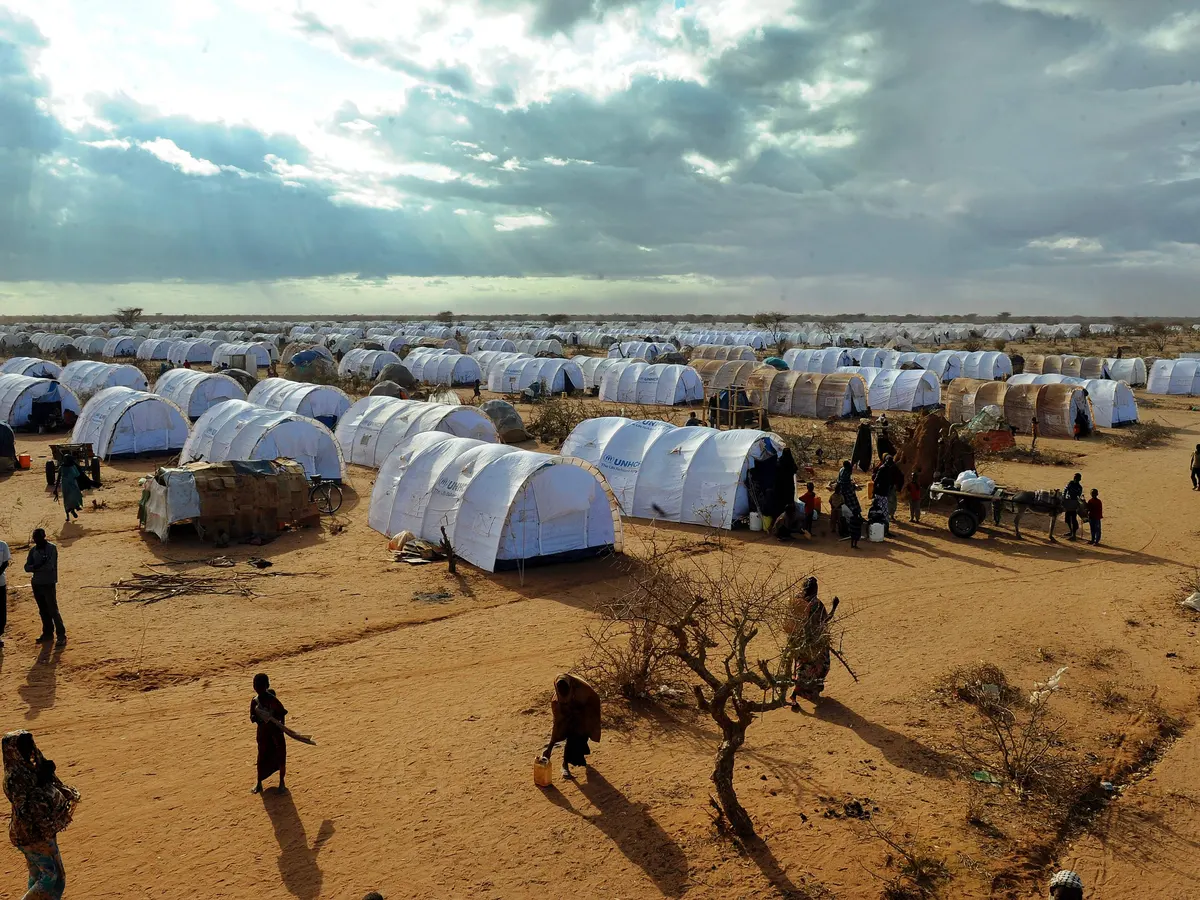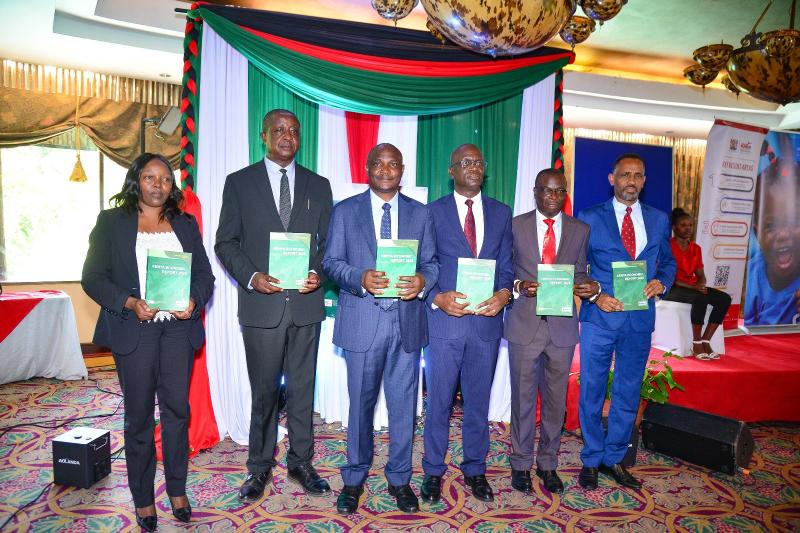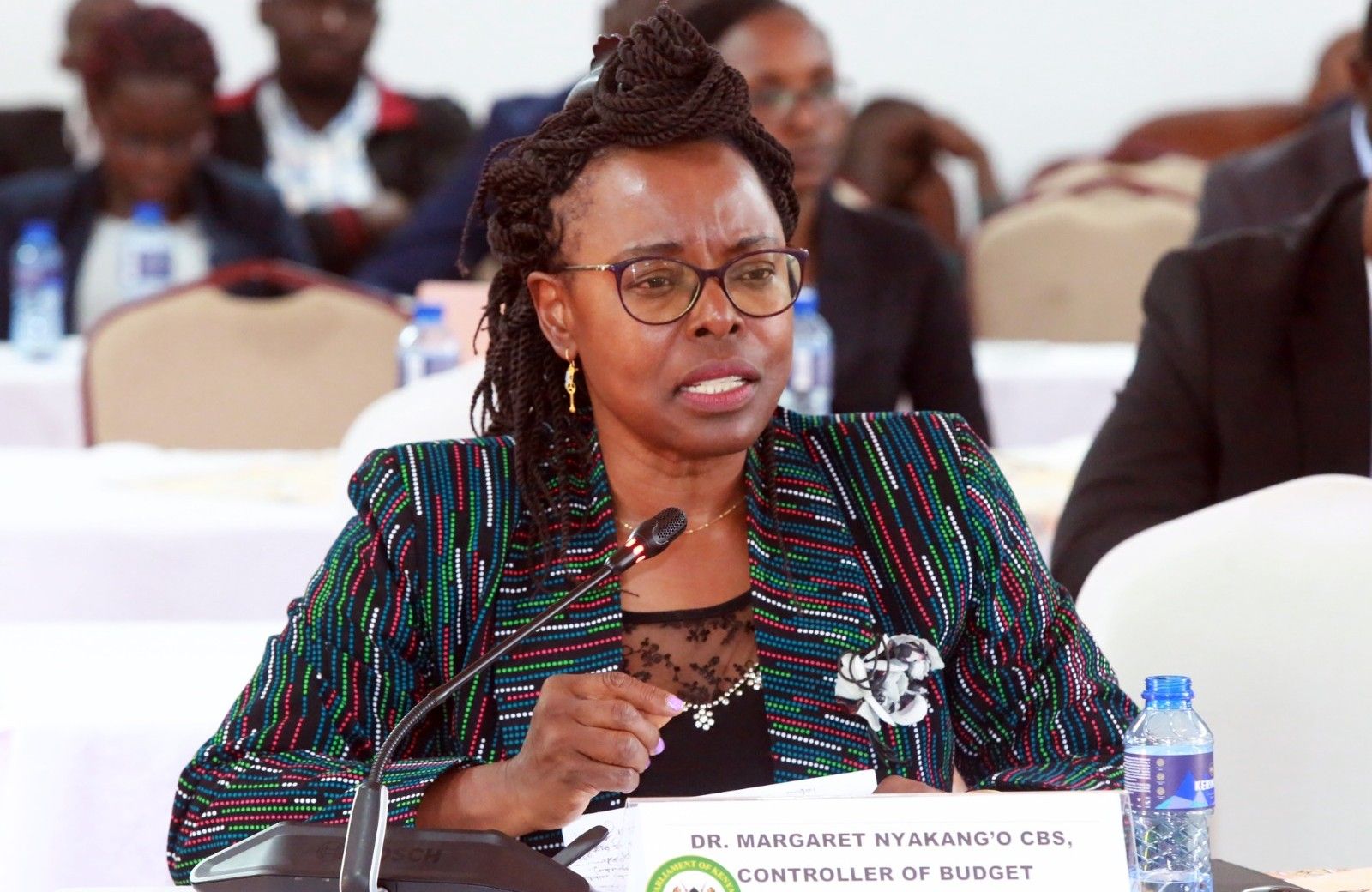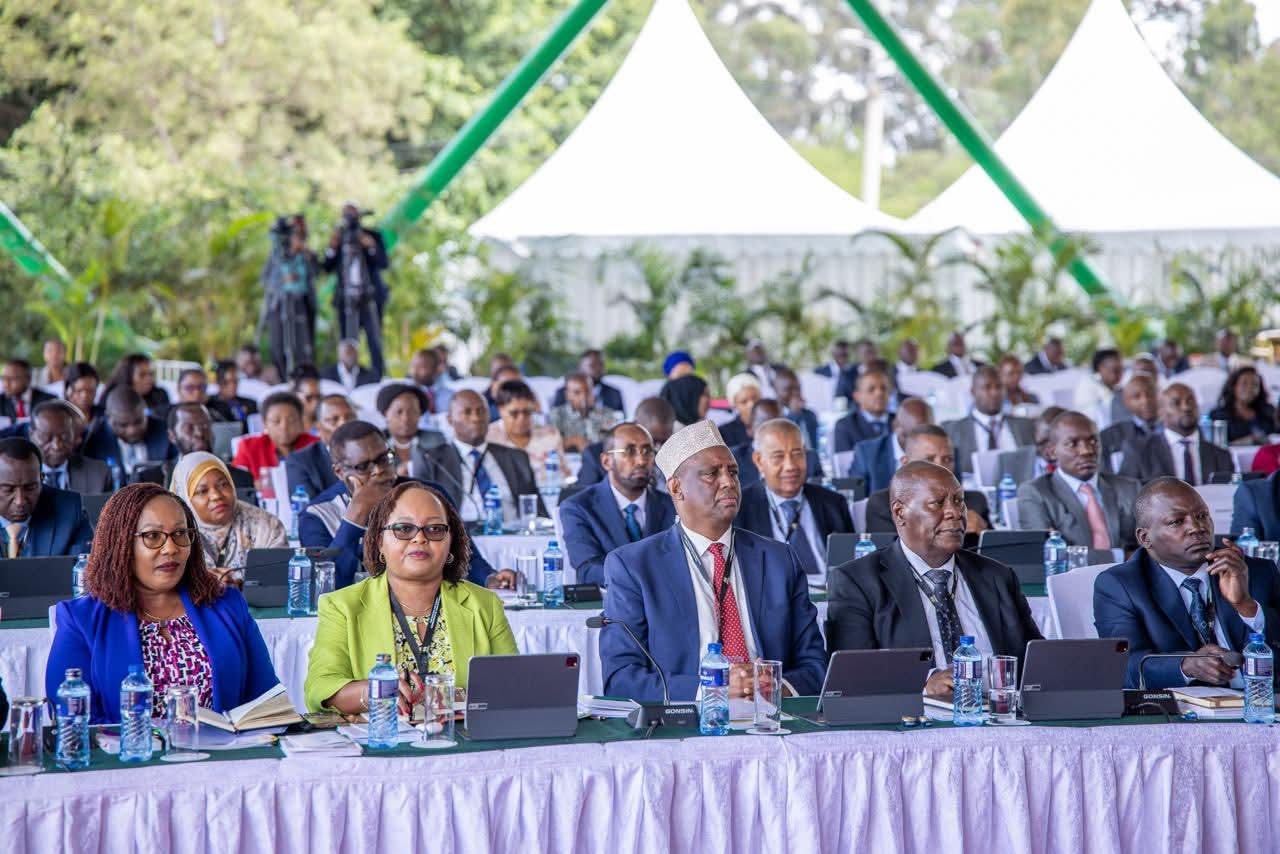Citizenship campaign: Kenya recognised among top leaders in eradicating statelessness

Dubbed the '#IBelong' campaign by the United Nations High Commissioner for Refugees (UNHCR), the initiative was launched in October 2014 and is bound to close this year.
Since the inception ten years ago of a campaign seeking to resolve the scourge of stateless persons, huge gains have been made, according to the United Nations Agency for Refugees.
However, it notes that further action is needed, as there is still a good number of people who to date remain stateless, a case it refers to as a major human rights violation.
More To Read
- António Guterres sounds alarm over worsening global refugee crisis
- Kiunga celebrates 30 years of peaceful coexistence between locals and Somali refugees
- M23 rebels capture eastern DR Congo city of Uvira as thousands flee to Burundi
- Trump faces rising backlash over remarks targeting Somali immigrants
- Kenya’s refugee population hits 860,000 as State pushes integration plan
- African Commission hails Côte d’Ivoire’s move to protect displaced populations
This is because being stateless deprives individuals of basic legal rights, leaving them politically and economically marginalised, unable to access critical services like health and education, discriminated against and particularly vulnerable to exploitation and abuse.
Dubbed the '#IBelong' campaign by the United Nations High Commissioner for Refugees (UNHCR), the initiative was launched in October 2014 and is bound to close this year.
"There have been many notable achievements over the last 10 years to enable hundreds of thousands of stateless people to acquire citizenship, to better identify and protect stateless people, and to help ensure that no child is born stateless," the agency notes.
"Since 2010, there have been a total of 77 new accessions to the 1954 and 1961 UN Statelessness Conventions. At least 22 states have adopted national action plans to end statelessness in the last decade."
It further says more than half a million people around the world who were living in the shadows, deprived of their right to nationality, have now acquired citizenship since the inception of the campaign.
In Kenya, the agency exhibits that there have been many notable achievements over the past decade that have enabled thousands of stateless people to achieve pathways to citizenship.
"The country has made significant strides, beginning with the registration of 1,496 members of the Makonde community in 2016, followed by the provision of citizenship to 1,659 Shona in 2020-21, and most recently, the recognition of approximately 7,000 Pemba in 2023," the agency says in the report.
It adds that whilst there are still an estimated 9,800 individuals who are stateless in the country, these milestones underscore Kenya's commitment to addressing statelessness.
The commitment was reaffirmed at the Global Refugee Forum (GRF) in December 2023, through four strategic pledges aimed at the progressive eradication of statelessness in the country.
As a result, UNHCR says Kenya has been recognised among the global leaders in the eradication of statelessness, at the close of the ten-year campaign.
Kenya also in May this year, received a major boost in the fight against statelessness after the state resorted to banning the traditional vetting process for National Identity Cards (IDs) in 20 borders, cosmopolitan and settlement counties.
Commenting on the ban, President William Ruto said the move would fast-track the process of issuing stateless individuals with IDs and recognition to facilitate them with access to public services.
Notably, some of the groups in the country that the agency says are at risk of statelessness are the Nubians, persons from the Nyasa and Pare communities in the coastal areas.
The Galje'el and Sagaf communities who reside in the Tana River area, as well as people of Kenyan Cushitic and Somali descent, are additional groups that face challenges accessing birth registration and identity documentation.
These are, however, some of the communities that will benefit from the abolishment of the vetting for ID committees, which the government has acknowledged had been discriminatory towards members of particular religions and communities.
UNHCR advocates for the rights of stateless people and works with a range of partners to prevent and end statelessness globally.
In total, the agency reported 4.4 million stateless people in 2023, but millions more are affected as data only covers around half of all countries worldwide.
Out of this, about 1.3 million stateless people globally are also displaced.
Top Stories Today










































